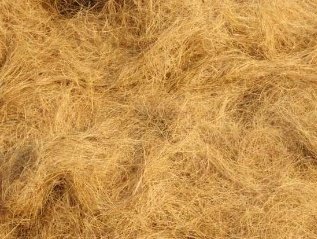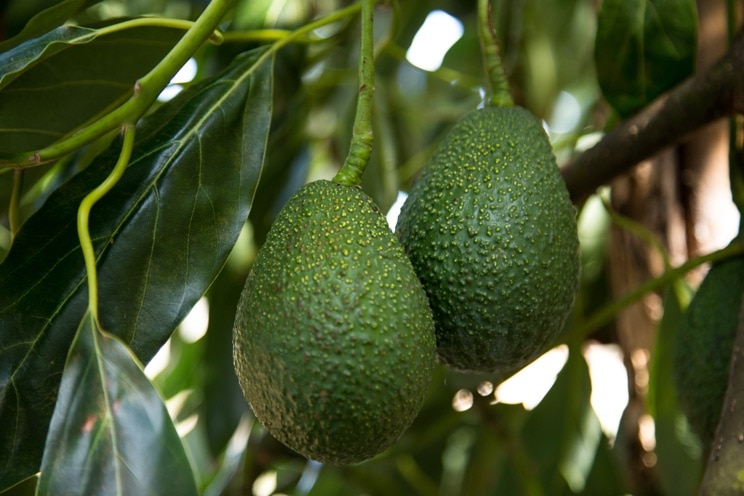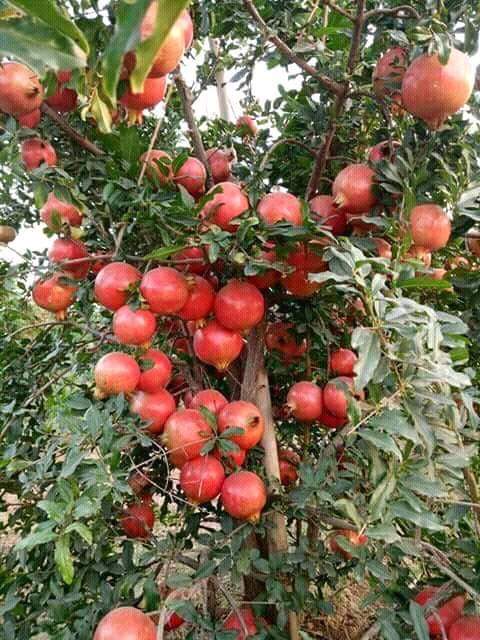Mulching may be defined as the process of covering the soil surface around the plants to create congenial conditions for the crop growth. This may include moisture and soil conservation, temperature moderation, salinity and weed control etc. It exerts a decisive effect on earliness, yield and quality of the crop.
Mulches can be applied at three different times–before the seed is planted, after the plants or seeds are planted, and after the plants are growing.
The mulch should be rayed over the soil without mixing it into the soil. It should be applied thick enough to prevent the growth of weeds.
Mulches could be of both organic and synthetic (inorganic) origin. The organic mulches consist of animal and plant residues. The most commonly used organic mulches include straws, husks, grasses and cover crops (live mulches), saw dust, compost, and manures (Rathore et al. 1998), while the most frequently used inorganic mulch throughout the world is polyethylene plastic mulch.
Reduction in the Cost of Fertilizer
Basically water has the property to go deep into the soil (also called as leaching property), whereas the roots can’t go too much deep into the soil, when fertilizer get dissolved in the water because of the leaching property there is a huge wastage of fertilizer, the use of plastic mulch along with drip irrigation allows the dissolved fertilizer not to go deep into the soil and allows timely and evenly distribution of nutrients to the plant, which helps the plant to grow faster and healthier
Mulching helps to control Soil Erosion
Ideally soil erosion should be less than 4 to 5 tons/ha/year. The reduction of water runoff and erosion is one of the greatest advantages of having a plastic mulch by intercepting raindrops, hence the valuable fertile soil ( humus layer) will be protected.
Mulch Insulates and Protects
It insulates soil to protect soil organisms and plant roots from extreme weather, as well as insulate them from sudden fluctuations, such as freezing temperatures, drying sun or compaction from heavy rains.
Mulch Improves Diversity and Soil Health
It protects soil organisms, like worms, insects, and soil microbes, which will help protect against pests. These soil critters work double-duty: As the soil organisms break down the mulch, it will enrich the soil. Mulch also helps to prevent soil erosion, allowing you to keep more of your healthy soil right where you want it: in your garden.
Mulch Regulates Moisture
Because mulch will reduce evaporation, it helps maintain even moisture level, protecting soil organisms and plant roots from shock and cutting down on the need to water.
Mulch Reduces Weeds
This works in two ways: first, reducing the amount of sunlight weed seeds are exposed to so fewer germinate, and second, by preventing weed seeds from settling on soil and germinating. Researchers at Michigan State University discovered that the brown leaf mulch’s suppression of weeds increased when paired with a green mulch source, such as grass clippings.

In addition to the underground benefits from regular mulching there are other, aesthetic reasons to mulch. It provides the landscape a fresh, new look, much like newly painted siding, or clean seal-coating. It can also prevent many weed seeds from germinating depending on the product chosen. However, from the plant’s perspective, the decomposition activity occurring underground is far more important. It affords the plant the best possible access to nutrients, air space, and water in otherwise limiting soils. Reapplication of mulch will produce a substantially healthier, more productive plant in your landscape.




